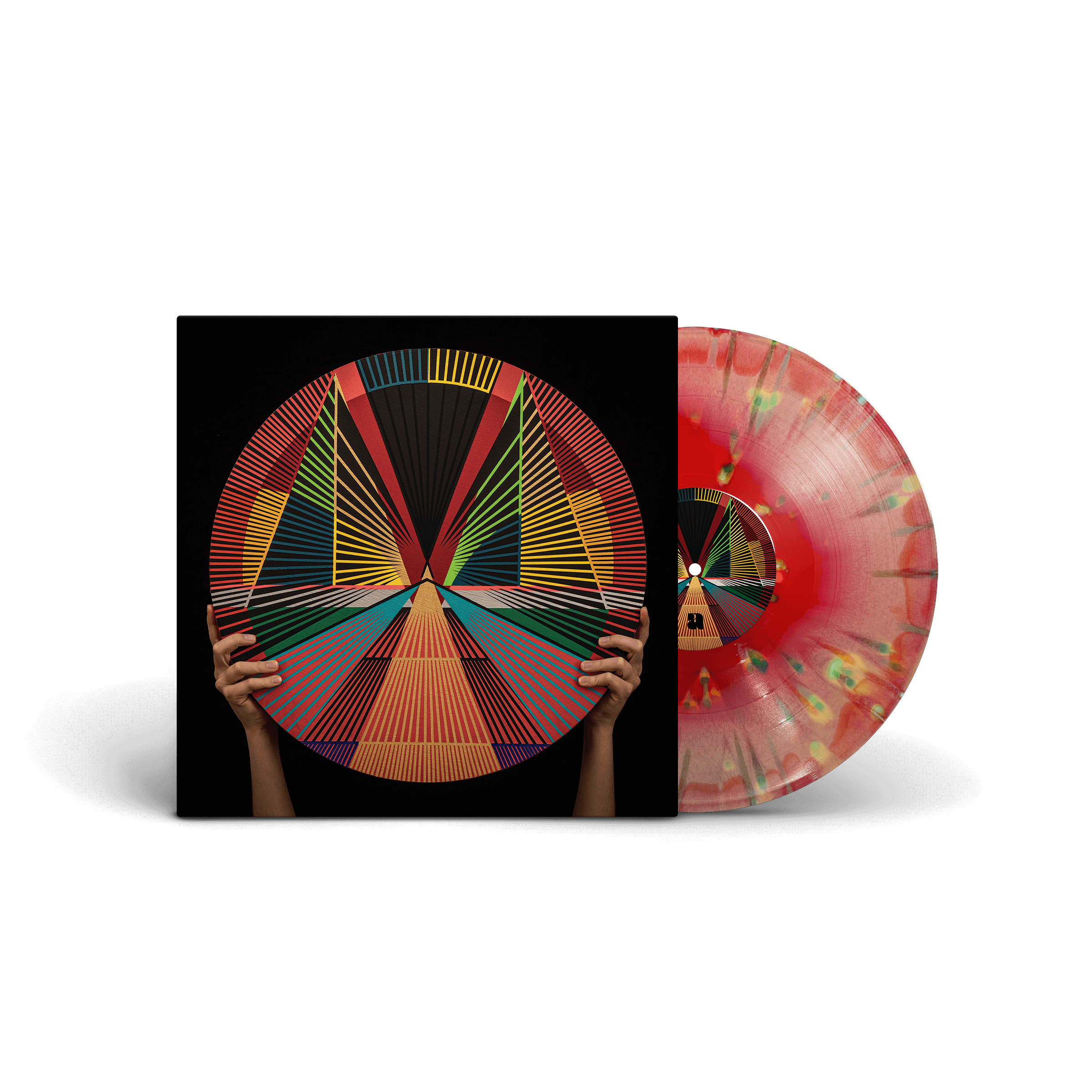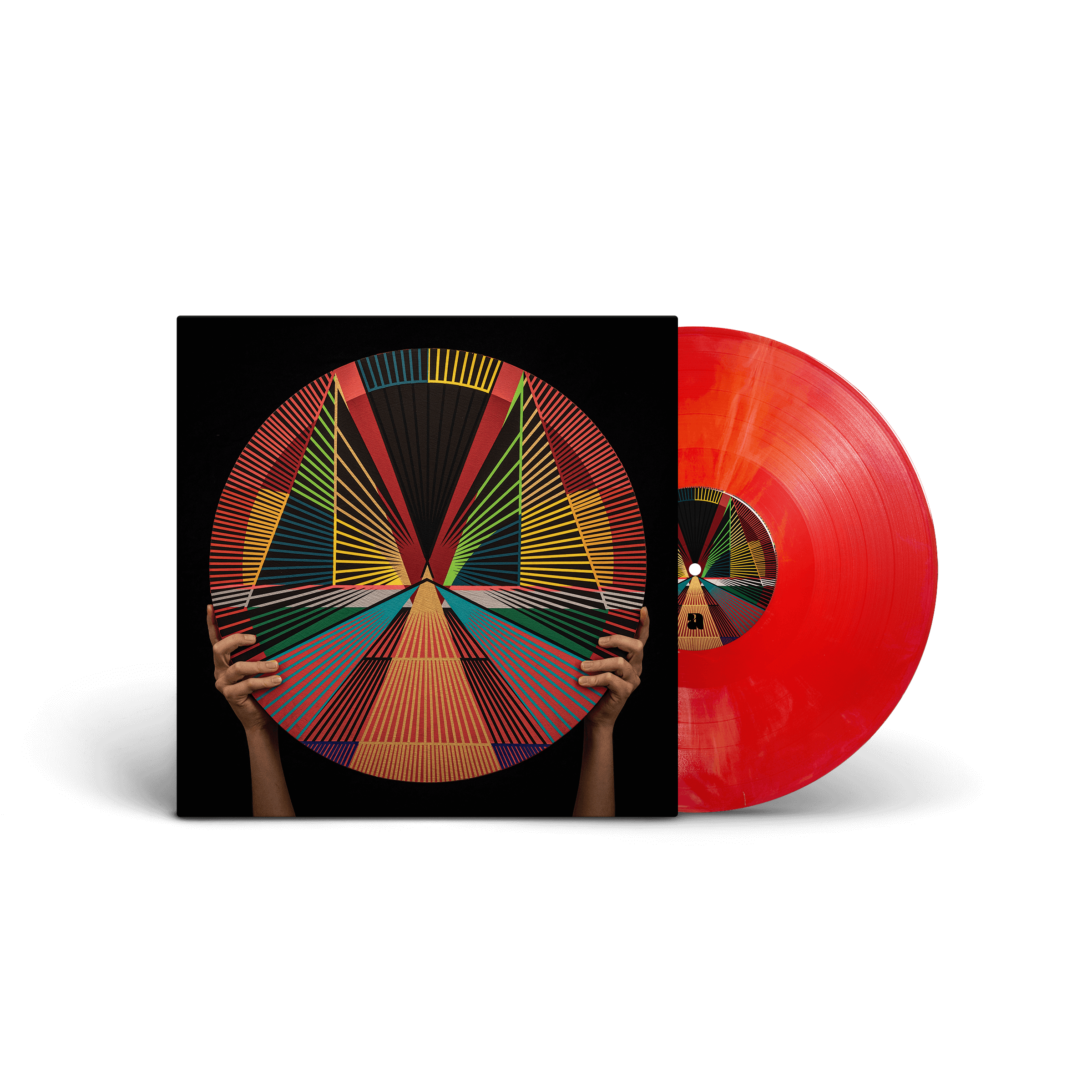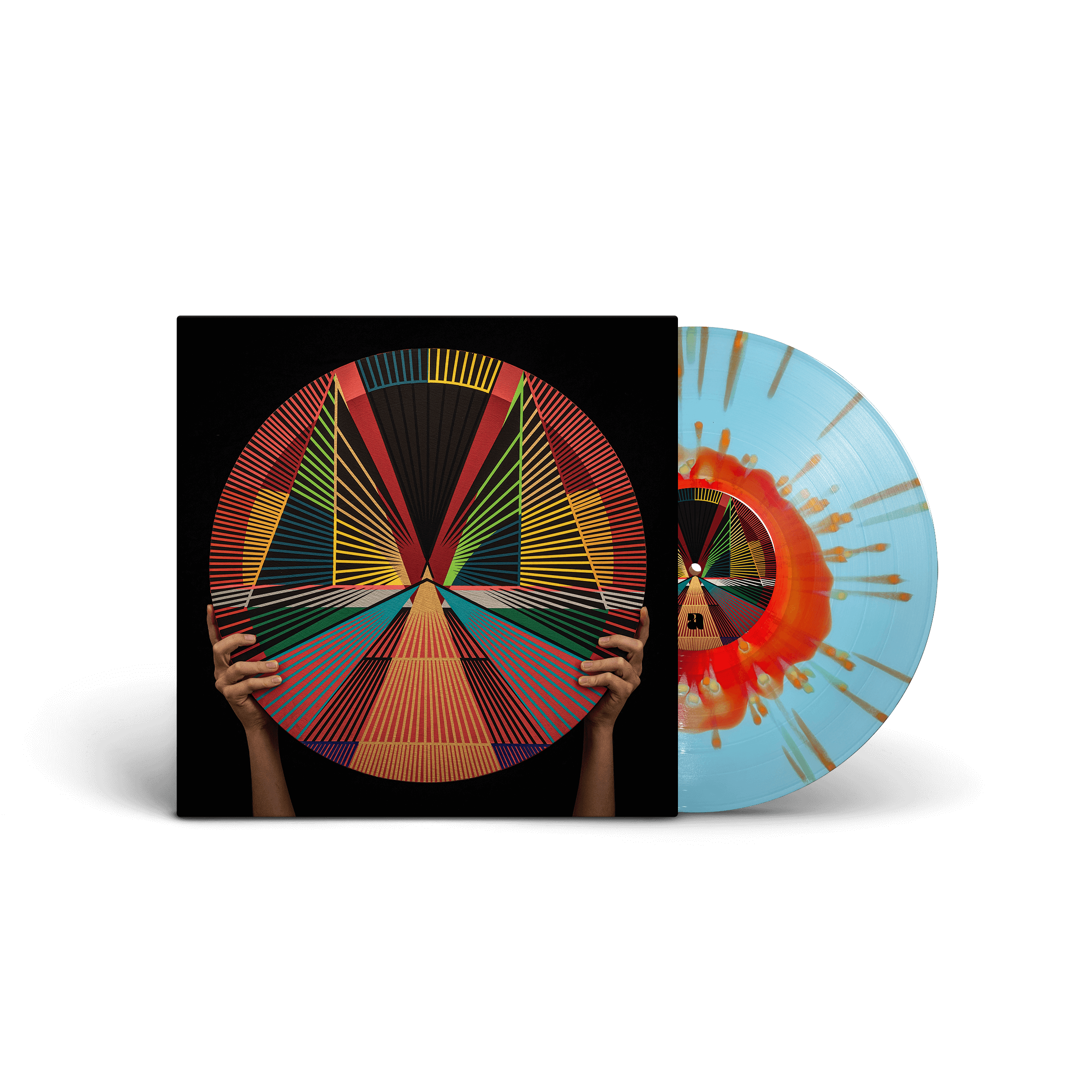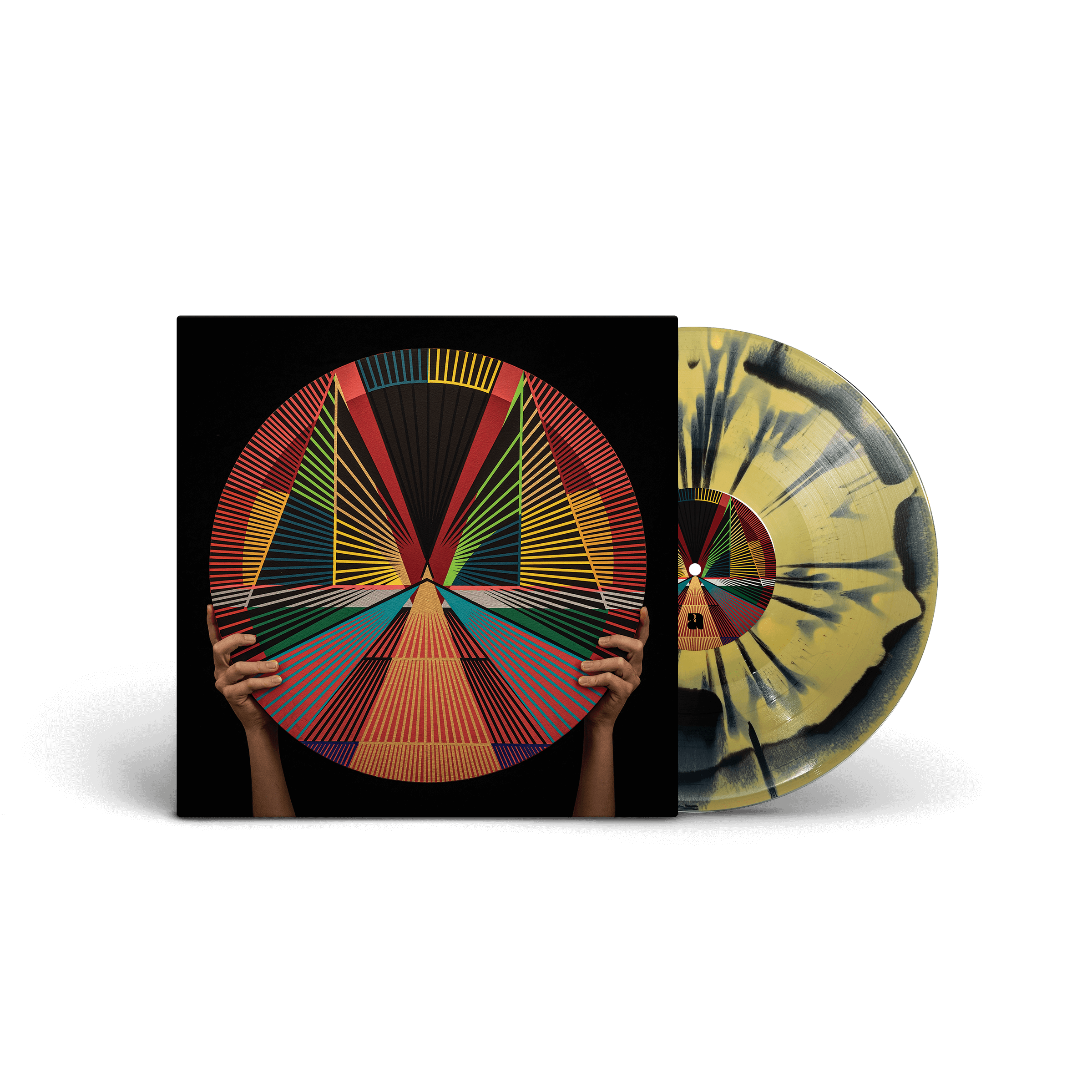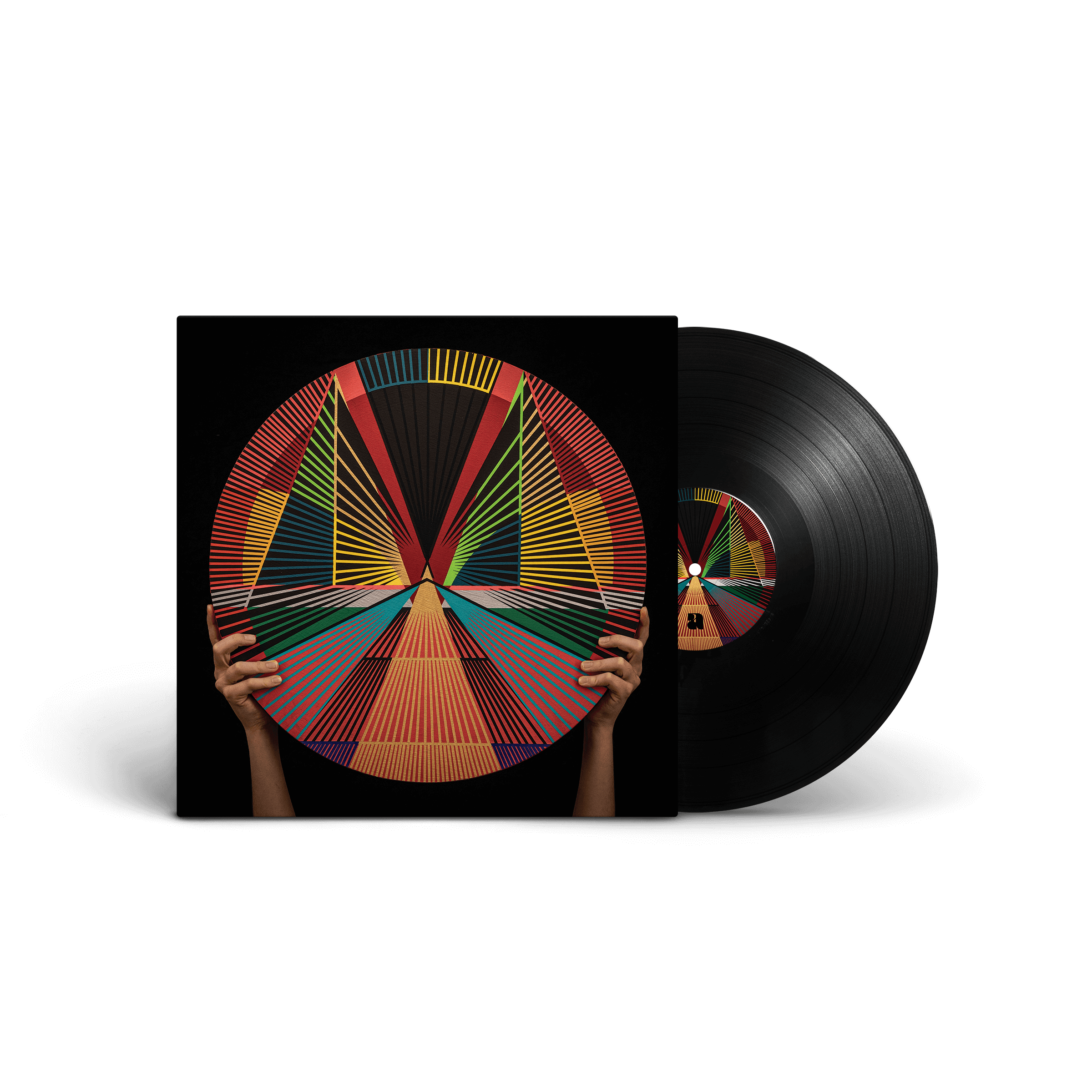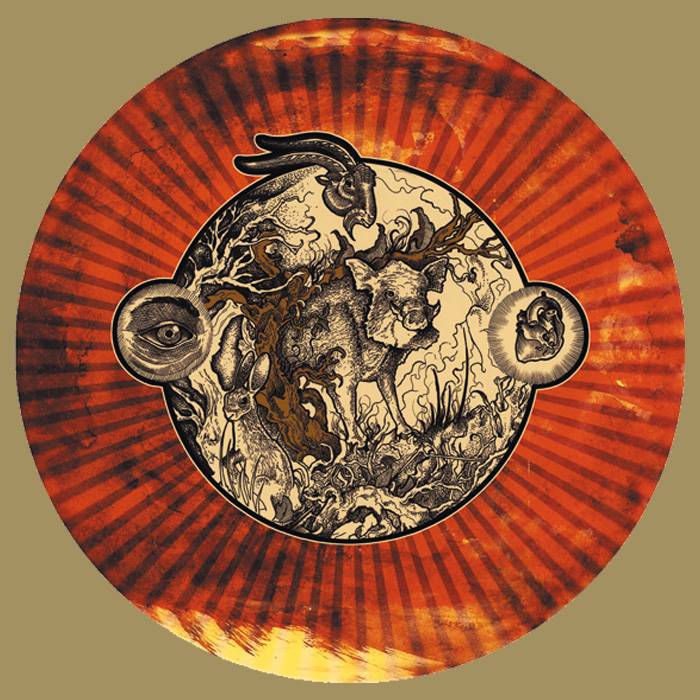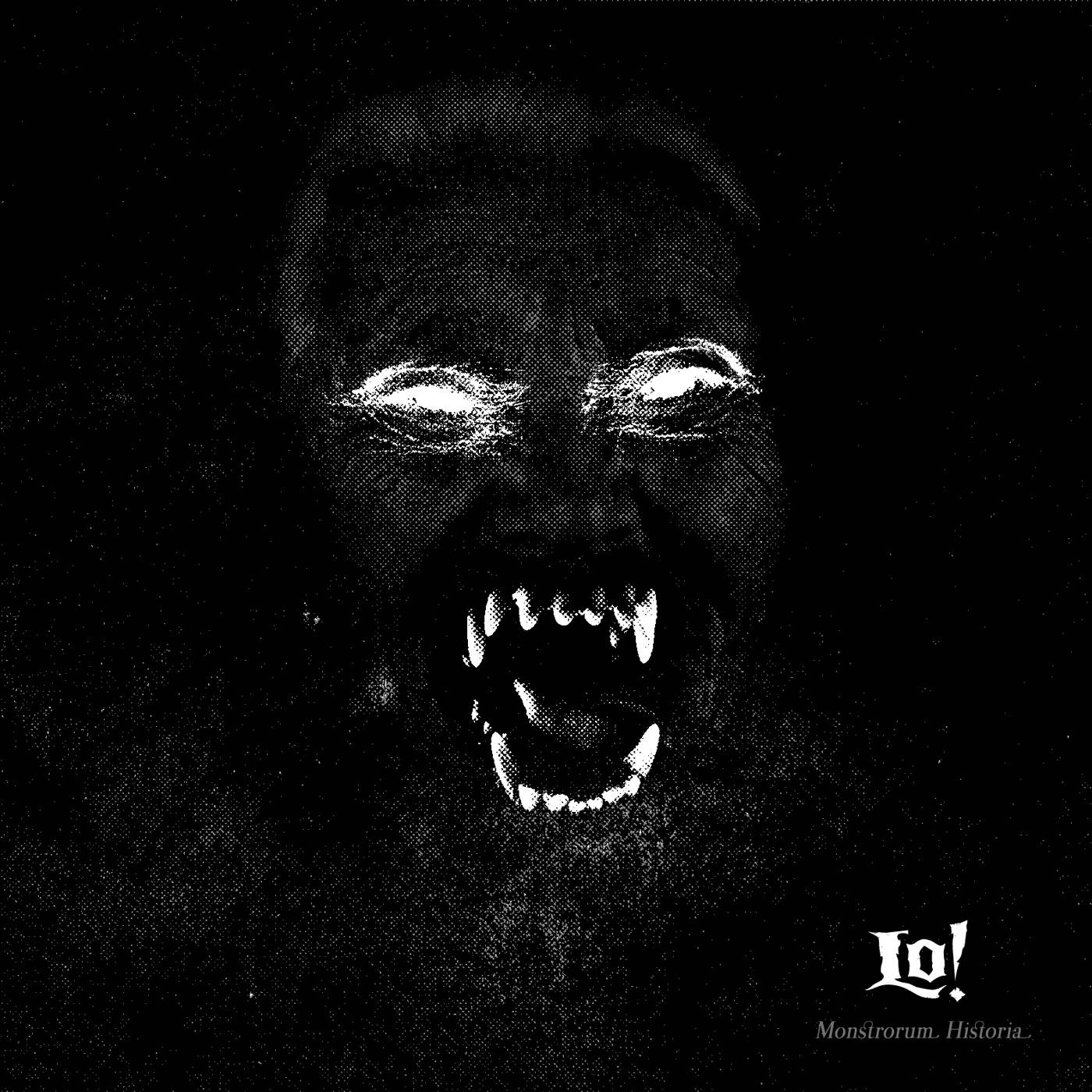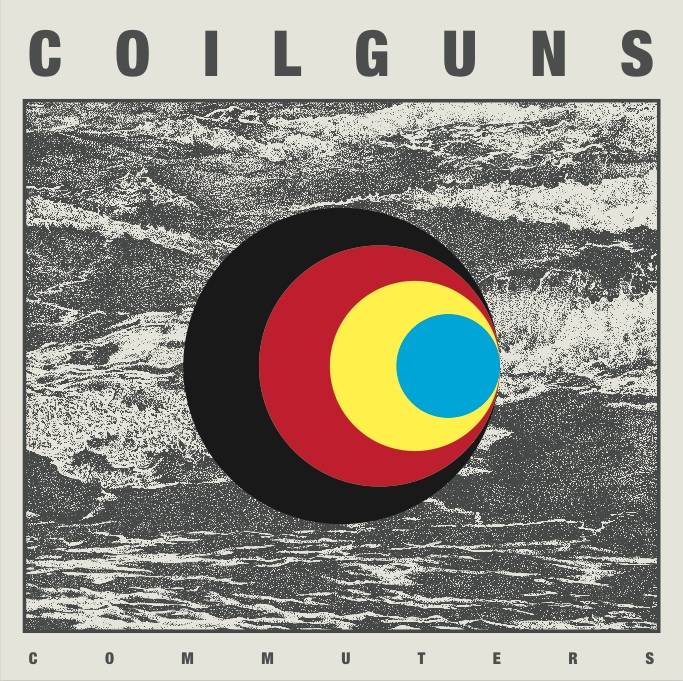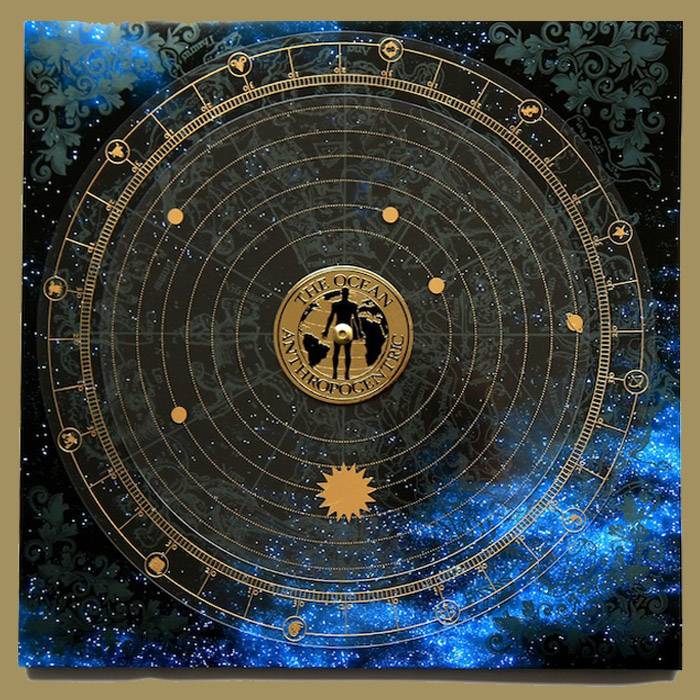Description
As the Louisville, Kentucky noise rock trio Young Widows scaled back their activity, guitarist/vocalist Evan Patterson created an ever-evolving solo project under the moniker of Jaye Jayle that explored the more abstract realms of the American singer-songwriter process. The name had two meanings. First and foremost, it conjured the image of a bluebird locked in a cage. For Patterson, that image translated into being trapped with the blues and mired in depression. But the name was also an homage to J.J. Cale, the Tulsa sound originator best known for his song “After Midnight.” Fittingly, Jaye Jayle’s music is best suited for those after midnight hours, when the house lights are dim, the air is thick with humidity and tobacco smoke, perceptions are chemically altered, and every note carries far more gravity. On his latest album, Don’t Let Your Love Life Let You Down, Patterson continues to mine his unique strain of the meditative blues while finally breaking the shackles of defeat and passing into a realm residing between Western stoicism and mystic wonder.
To understand how Jaye Jayle arrived at the way station of Don’t Let Your Love Life Let You Down, you must first trace the trail back to the project’s modest beginnings. The earliest Jaye Jayle releases were four 45s housed in dust jackets—the kind of relics you would expect to find shoved in the shoeboxes and milk crates at the back of vintage record stores. Etched into their grooves you’d find a sparse and cryptic spin on American roots music. Across the first two Jaye Jayle albums—House Cricks and Other Excuses to Get Out (2016) and No Trail and Other Unholy Paths (2018)—Patterson expanded the parameters of his sound. If you listened closely, you could hear the echoes of Louisville in the songs. There was the tension and dynamics of Slint, the hushed songwriting of Bonnie ‘Prince’ Billy, and the repetitious minimalism of The Shipping News, yet it somehow didn’t seem tethered to any clear tradition. The big sea change came with Prisyn (2020). Over the course of an eleven-week tour, Patterson slowly constructed songs in GarageBand on his phone as a distraction from the mundane day-to-day schedule of life on the road. A portmanteau of prison and synthetic, Prisyn was a deliberate departure from his previous work’s organic nature and an embrace of the personal isolation that set in with the pandemic.
For Don’t Let Your Love Life Get You Down, Patterson returned the full-band approach while taking the crucial lessons he learned from working onPrisyn. “I’d hit the point of finding rehearsing counterproductive,” Patterson says. “I felt I could make everything happen in the studio rather than endlessly writing as a group, only to not ever be able to get the songs feeling the way that I was hearing.” The songs were rendered in an unconventional manner. Over the course of a year, Patterson tracked the songs with his longtime live sound engineer Nick Roeder in a studio built in a converted day-care center. Guitar was tracked first. Longtime Jaye Jayle member Todd Cook laid down bass next. Drums followed, with the duties split between Chris Maggio and ongoing collaborator Neal Argabright. Patterson and returning Jaye Jayle member Corey Smith then overdubbed synthesizers. Even with all these layers in place, Patterson struggled to find a proper voicing for several songs, so he enlisted Patrick Shiroishi to play saxophone on “The Party of Redemption” and “When We Are Dogs.” He also invited Bonnie ‘Prince’ Billy to provide the vocals to the latter, at which point all the pieces fell into place.
It was a gradual and uncertain process, but Patterson was in a much different headspace than he’d been in the past, having come out on the other side of a dissolved marriage and a long period of instability and uncertainty. “I found peace in being accepting of the change. Rather than beating myself up emotionally to go through the divorce. I decided I need to be selfless and guide myself to a place of unconditional understanding and peace.” That openness and vulnerability shaped the music and tapped into something that no previous Jaye Jayle album has attained. “I wanted the songs to feel ‘devastatingly hopeful’… this is absolutely the most emotionally straightforward album I have made.”
That sense of triumph over adversity is immediately evident on album opener “Warm Blood and Honey”— a droning gospel song about a man reexamining his life while suspended in the air after jumping off a bridge. Despite the heavy nature of the lyrics, a sense of beauty and promise permeates the music. Patterson says the song is about turning away from suicidal thoughts and realizing that change is always an option. This sense of adversity and redemption can be heard across the album—from the odes to intimacy and unfortunate incompatibilities of “Black Diamonds and Bad Apples” and “When We Are Dogs” to the examinations of being stuck with the burden of the past and navigating change on “Tell Me Live” and “Waiting for the Life.” Like Leonard Cohen fronting some intermediary step between Spacemen 3 and Spiritualized, Don’t Let Your Love Life Get You Down, conjures an aura of psychedelic grace and enveloping warmth through its pairing of pensive baritone poetics and druggy gospel-infused blues.
Across the eight songs of Don’t Let Your Love Life Get You Down, Patterson and his cohorts take the old American singer-songwriter template and imbue it with a kaleidoscope of sonic textures culled from a half- century’s worth of fringe music. One of the most critical contributors to Jaye Jayle’s multi-dimensional sound comes from producer/multi-instrumentalist Ben Chisholm (Chelsea Wolfe), who was brought into the fold to mix the album. “Ben and I made Prisyn together and I have had one of my favorite musical relationships of my life since then. I consider him the secret member of the band at this point,” Patterson says. “Ben’s ideas are modern and saturated with layers of sonic color. I always describe his mixing as plush, like a velvet landscape. He is a genius to my ears.”
This aural grandeur reinforces the life-affirming radiance of Don’t Let Your Love Life Get You Down. Though Jaye Jayle retains the hypnotic repetition and austere instrumentation of their past, the added layers and saturation of sound intensifies the hallucinatory spirit and synesthesia delights only previously hinted at in their work. As with all Jaye Jayle records, it’s still best suited for the hours after midnight, but it now holds the promise of dawn.
Under the moniker of Jaye Jayle, Louisville guitarist/vocalist Evan Patterson has spent over a decade exploring the more abstract realms of the American singer-songwriter process. The name—a reference to a bluebird locked in a cage as a metaphor for being tethered to the blues’ pentatonic guitar style and forlorn subject matter—underscores Patterson’s esoteric relationship to browbeaten themes and old musical traditions. The three previous Jaye Jayle albums—House Cricks and Other Excuses to Get Out (2016), No Trail and Other Unholy Paths (2018) and Prisyn (2020)—found Jaye Jayle continuously experimenting with form and traversing a myriad of sonic trails. On his latest album, Don’t Let Your Love Life Let You Down, Patterson continues to push at the boundaries of American blues and folk traditions while breaking the shackles of defeat and passing into a realm residing between Western stoicism and mystic wonder.
For Don’t Let Your Love Life Get You Down, Patterson fused the electronic sound-design approach of Prisyn with the full-band dynamic of his earlier work. The songs were rendered in an unconventional manner. Over the course of a year, Patterson tracked guitar lines with his longtime live sound engineer Nick Roeder in a studio built in a converted day-care center. Longtime Jaye Jayle member Todd Cook laid down bass next. Drums followed, with the duties split between Chris Maggio and ongoing collaborator Neal Argabright. Patterson and returning Jaye Jayle member Corey Smith then overdubbed synthesizers. Saxophone (courtesy of Patrick Shiroishi) and vocals (including a guest appearance by Bonnie ‘Prince’ Billy) came last.
It was a gradual and uncertain process, but Patterson was in a much different headspace than he’d been in the past, having come out on the other side of a dissolved marriage and a long period of instability and uncertainty. “I found peace in being accepting of the change. Rather than beating myself up emotionally to go through the divorce. I decided I need to be selfless and guide myself to a place of unconditional understanding and peace.” That openness and vulnerability shaped the music and tapped into something that no previous Jaye Jayle album has attained. “I wanted the songs to feel ‘devastatingly hopeful,’” Patterson says.
Like Leonard Cohen fronting some intermediary step between Spacemen 3 and Spiritualized, Don’t Let Your Love Life Get You Down, conjures an aura of psychedelic grace and enveloping warmth through its pairing of pensive baritone poetics, druggy studio manipulations, and gospel-infused blues. Abetted by the production and mixing skills of Ben Chisholm (Chelsea Wolfe), Jaye Jayle takes the old American singer- songwriter template and imbues it with a kaleidoscope of synesthesia delights culled from a half-century’s worth of fringe music.
This aural grandeur reinforces the life-affirming radiance of Don’t Let Your Love Life Get You Down. Though Jaye Jayle retains the hypnotic repetition and austere instrumentation of their past, the added layers and saturation of sound intensifies the immersive hallucinatory spirit only previously hinted at in their work. As with all Jaye Jayle records, it’s still best suited for the hours after midnight, but it now holds the promise of dawn.

